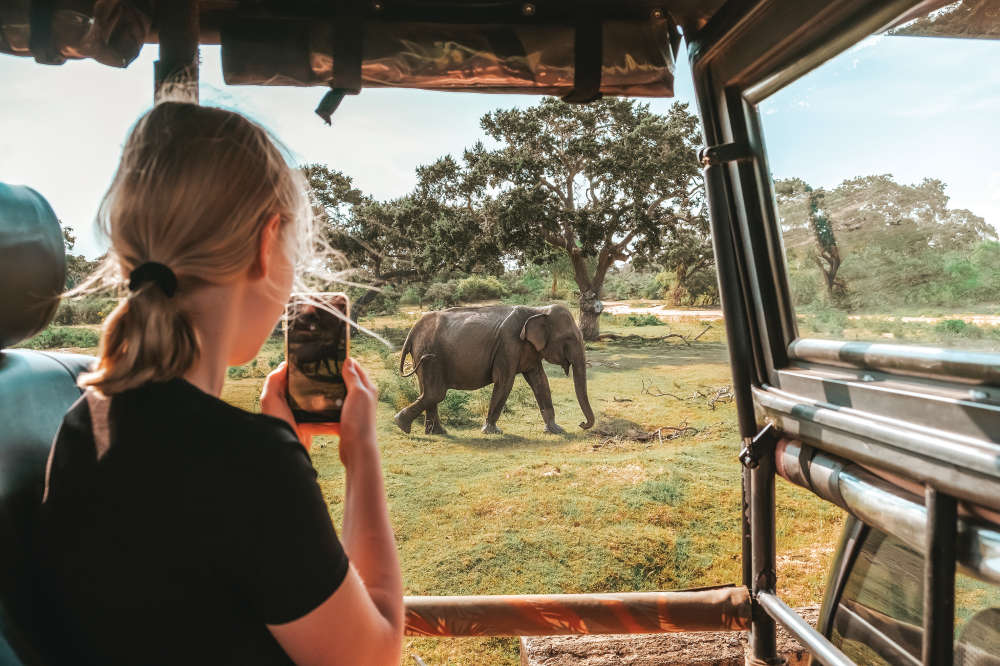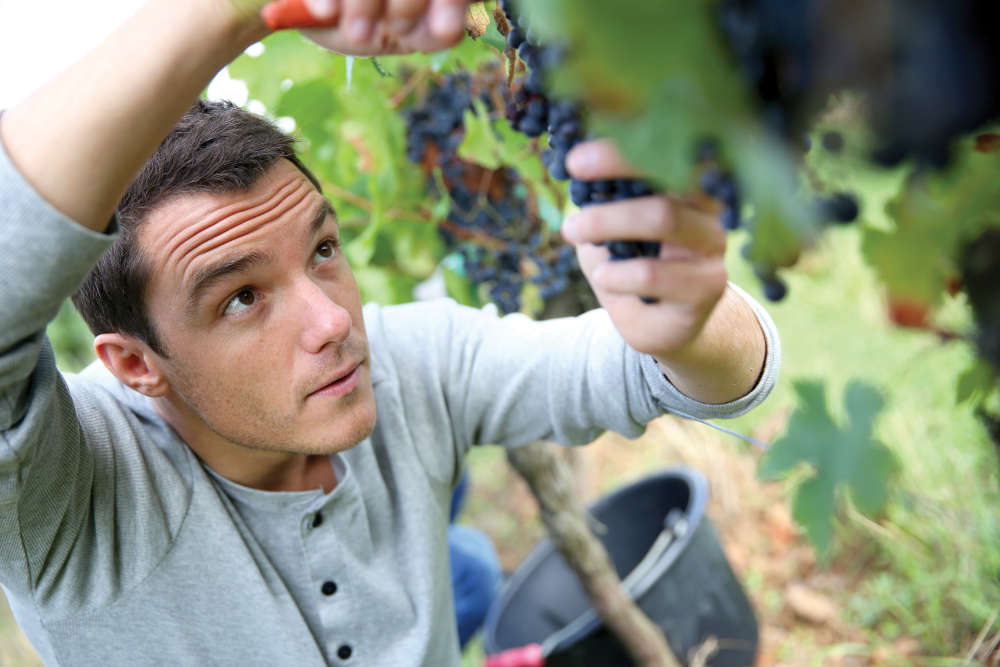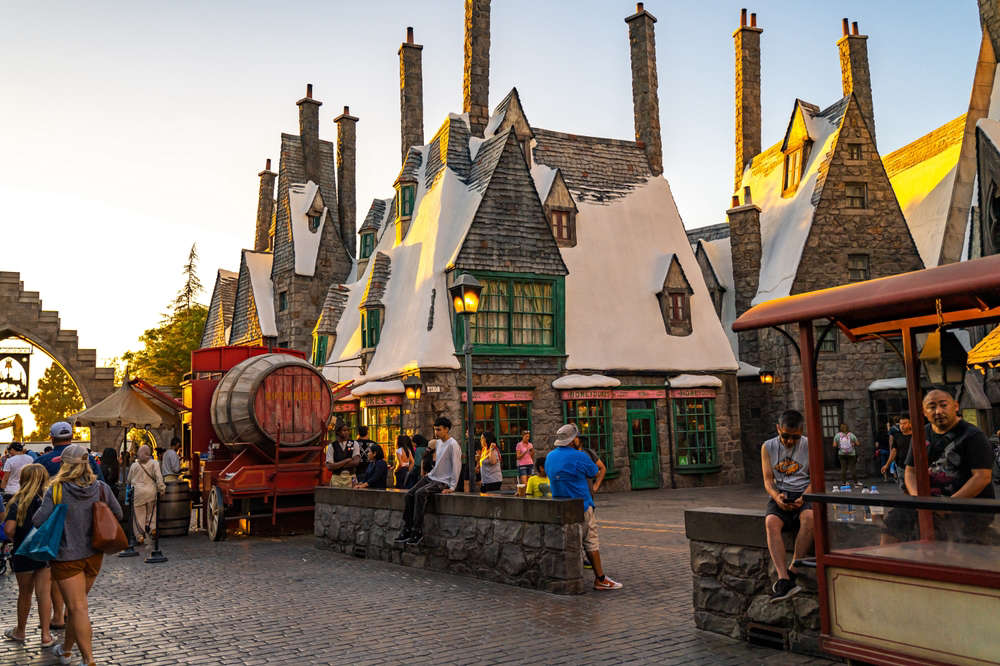
Travel and holidays take many forms and this month Lisa de Silva investigates opportunities to take travel to another level for a full and authentic experience
As the travel market continues to mature, what travellers want from a holiday has also continued to evolve. While there will always be a place for traditional beach holidays, there is growing demand for more experiential travel, sometimes known as immersive or educational travel. This has led the industry to develop trips centred on exploring, learning, and connecting to a destination in a deeper and more meaningful way.
What is experiential travel?
At its simplest, experiential travel is travel that is focused on immersing yourself in and properly experiencing a destination, culture or activity. Unlike simply visiting a destination, the aim of the experiential traveller is to fully engage in local life or a specific activity, to learn about, understand and appreciate a country’s people, culture and history. This involves participating in traditional activities, attending local events, volunteering on local projects and can often involve a homestay with a local family.
Experiential travel can be focused on a specific culture, such as spending time in the Quechua culture of the Andean Mountain region. It can involve connecting with the people, customs and traditions of a specific area, such as southern Italy or it can focus on a specific activity, such as taking yoga classes at an Indian Ashram. The common objective is to immerse yourself in active learning.

What are the benefits of experiential travel?
Experiencing life as a local satisfies a desire for authentic encounters and can be both inspirational and transformative. It can help us to better understand ourselves and guide us in improving our own lives. It can also help us to appreciate the larger world, our place within it and how we can contribute to making the world a better place.
This type of active learning also makes for a more meaningful and memorable trip. Moreover, experiential travel can have a positive impact on the environment as it is often linked with more responsible travel, more sustainable practices and helps to support local economies.

Popular types of experiential travel
Language learning
There is no better way to learn a language than to spend time in the country it is spoken. Not only will it make it easier to communicate with and show respect for the local community, but it will be a much quicker and more fulfilling process. Language learning is all about practice and having the opportunity to immerse yourself in local life will greatly improve your skills.

Homestays
A growing sector of the experiential travel market, homestays involve staying with local people in their own homes. Not only does it provide an authentic experience, but it is also a wonderful way to make new friends, appreciate the customs and traditions of local life and learn more about a country’s cuisine. Your host can offer insider knowledge of the region, help you to practise your language skills and your stay can be more cost effective than budget accommodation.
Ideas for homestay experiences include the chance to stay in a village in Malawi to learn more about the region’s cultural traditions, to hunt for eagles with a homestay in Mongolia or enjoy Vietnamese and Indian hospitality with homestays that can be adapted to your interests and budget.

Volunteering
Whether volunteering forms just a small part of a trip or is the central focus, it is a wonderful and enriching way to learn about the wider world, while giving back. Volunteering takes you off the tourist trail, provides an opportunity to make new friends and gain work experience. Choose a project or destination you are interested in and contact a local organisation to volunteer with.
Ideas include volunteering at a Greek dog sanctuary, teaching English in Bali, working on a conservation project in Costa Rica or working with children in Kenya. These trips are great for solo travellers and teenagers and can span from a weekend to extended stays of many months.

Gap Years
Once the preserve of students, the concept of the gap year has broadened to ‘gap breaks,’ appealing to those of any age taking a sabbatical, or a break between jobs, who want to experience more of the world. The experiences gained often focus people on living a different kind of life and can be catalysts for a major life change.
This type of travel often includes an element of work, such as teaching English, working as an au pair, or getting a working visa. Since Brexit has made it difficult to work in Europe, good options for those aged under 30 include Australia, Canada, New Zealand, Singapore and Japan.


 Five Most Pet-Friendly Destinations in the UK
Five Most Pet-Friendly Destinations in the UK
 Five UK Valentine's Destinations Perfect For A Night Away
Five UK Valentine's Destinations Perfect For A Night Away
 Five Highly Romantic Meals Perfect for Your Valentine
Five Highly Romantic Meals Perfect for Your Valentine
 Five Fantasy Worlds We'd Love to See Become Theme Parks
Five Fantasy Worlds We'd Love to See Become Theme Parks
 Five Most Romantic Valentine’s Gestures From Europe
Five Most Romantic Valentine’s Gestures From Europe
Comments
Add a comment